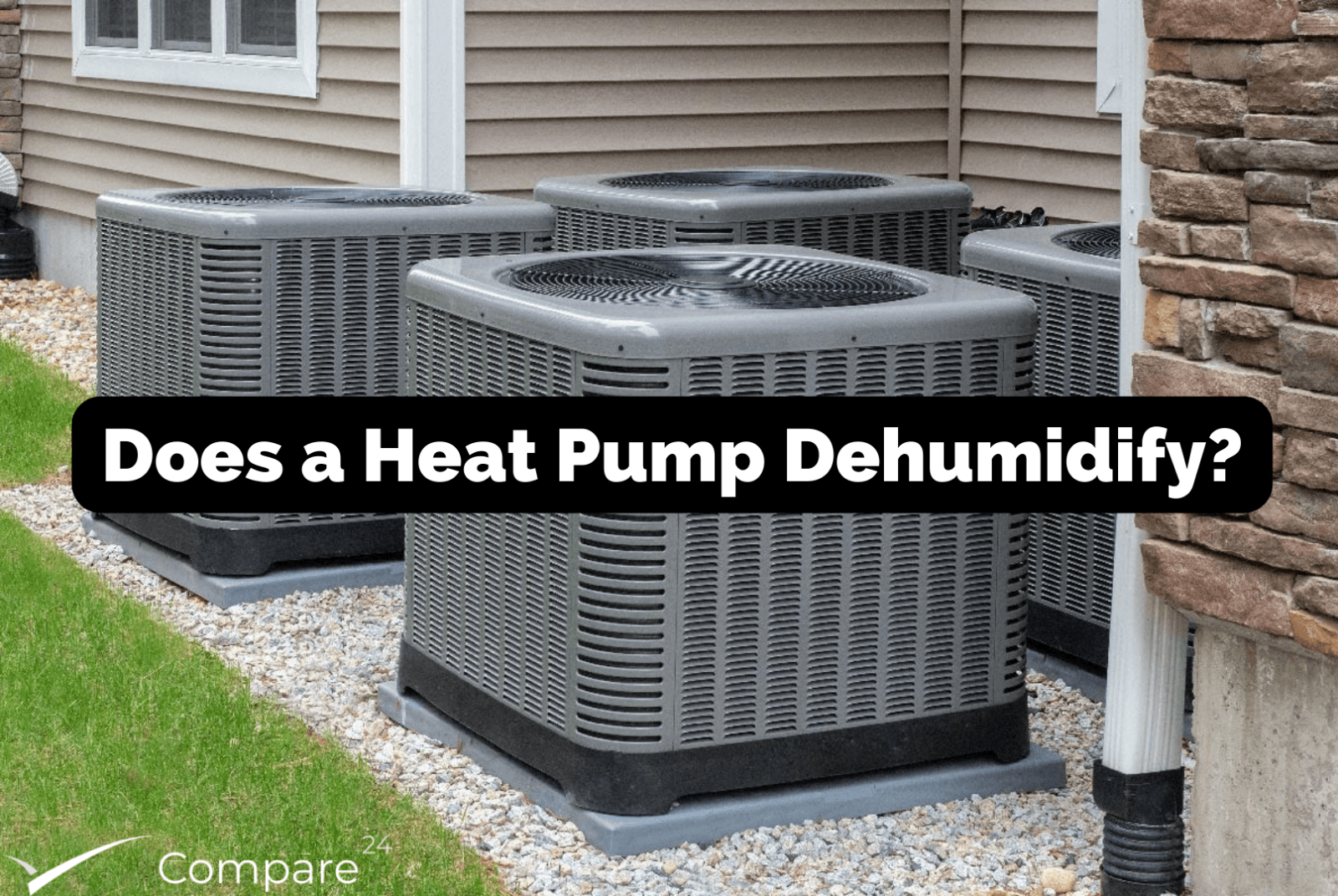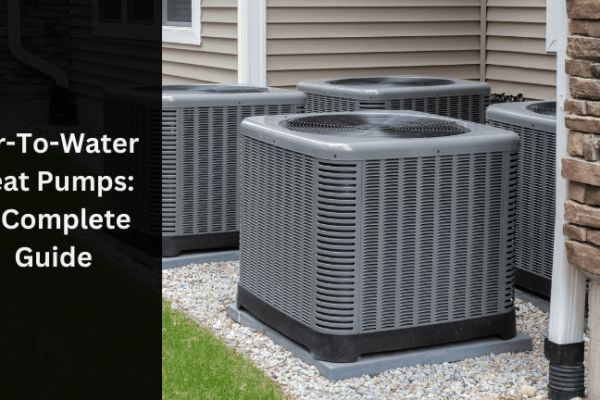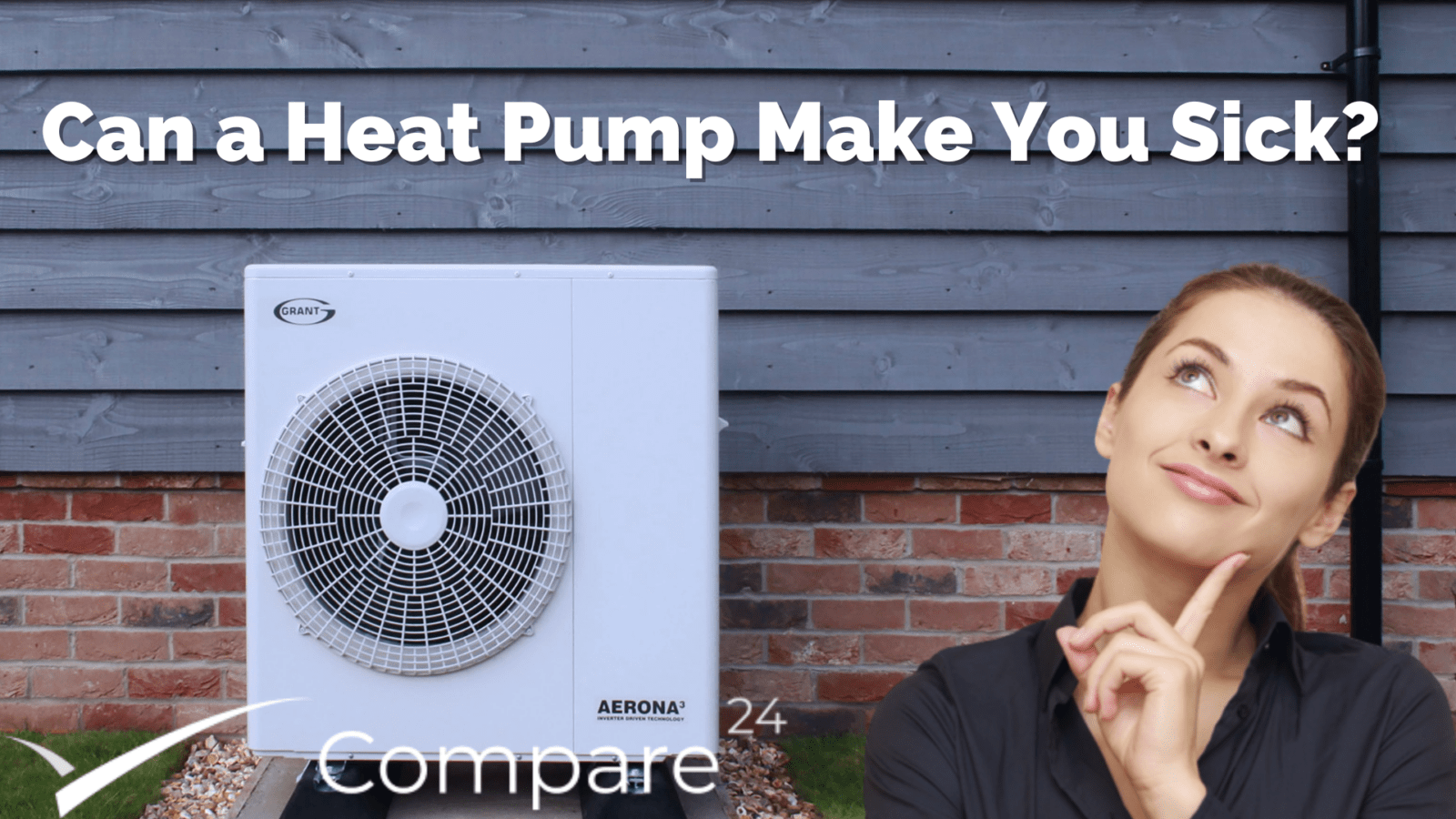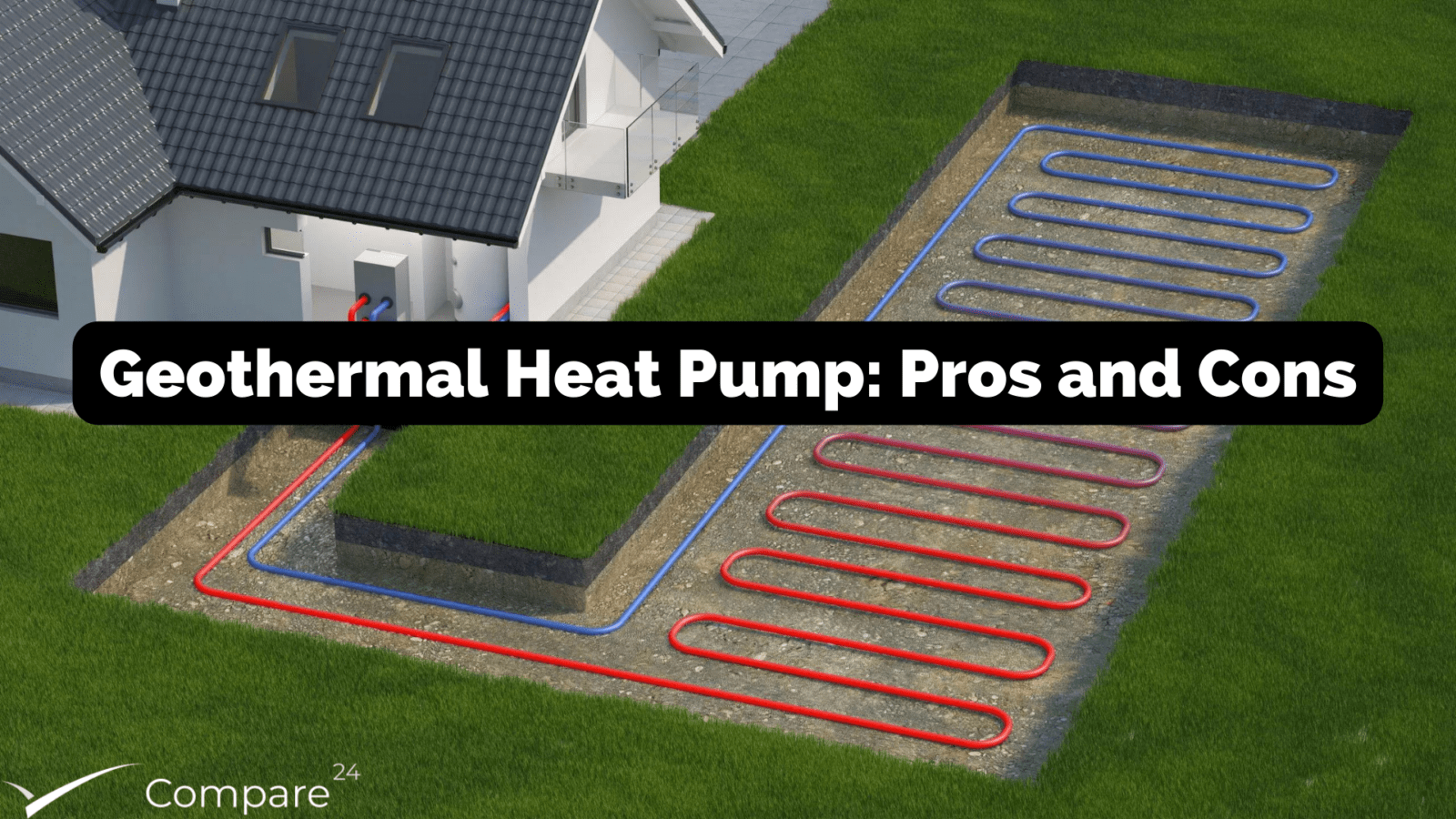If you are wondering if it is worth investing in a heat pump system, and considering the pros and the cons, you are probably considering if a heat pump can control the humidity in your house. Yes, a heat pump can act as a humidifier removing the moisture in the air, and humidity in your house.
This is one of the advantages of heat pump systems is that they can be used as a humidifier, instead of having to spend extra money and electricity running a humidifier with your heating or cooling system.
Does a heat pump dehumidify?
Due to the way that a heat pump works, it removes the moisture and humidity inside your house and expels it to the outside. This is especially useful in the winter months, which tend to be particularly humid. Most heat pump models also have different modes, including a dry mode that maintains the same temperature in the house, while removing extra humidity in the air.
More advanced models also have humidity control, which allows you to control the humidity level inside your house.
Benefits of using a heat pump as a humidifier
There are a few key benefits of using a heat pump as a humidifier, here are some of the main ones:
Saves money
Having a heat pump allows you to cool, heat, and dehumidify your home. While conventional systems would force you to have a furnace, an air conditioner, and a humidifier, a heat pump saves you money because it can do all of those things with a single system.
This means that you will not have to buy a humidifier, and you also do not have to spend money running it since you can just use your heat pump. Additionally, heat pumps are much more efficient.
Improves the air quality in your house
One of the main advantages of using a humidifier or a heat pump for that matter is that it improves the air quality inside your home. It is also important to know that some humidifiers are not as powerful as they should be, and a heat pump system is able to control the humidity in your house in a better way.
Prevents health problems
Humidity is a well-known cause of respiratory and skin conditions, and using a heat pump as a humidifier can help you prevent those. For example, asthma can be triggered by high humidity in the air. If one of your family members suffers from allergies, humidity can also make it worse.
Humidity can also worsen conditions such as acne and eczema, and a humidifier can help you prevent these medical conditions, or improve them.
Prevents mold from forming
In some extreme cases, humidity can create mold inside your home. Either on items that you have laying around, such as clothes, or fabrics or in some even more extreme cases the walls. This is not only a health concern but can also damage your belongings, and damage the inside of your home.
Protects your furniture, paintwork, walls, and floors
Even if the humidity is not enough to create mold, it can still damage your furniture, painted walls, and floors, especially if they are made of wood. Wooden furniture and floors can be severely damaged with increased exposure to humidity. Paint and walls can also suffer the same consequences if the humidity levels are fairly high. This is why using a humidifier or a heat pump to dehumidify can prolong the life of your furniture, wall paint, and floors.
Conclusion
A heat pump is a wonderful system, capable of heating, cooling, and dehumidifying your home, while also being a lot more efficient than competing systems. One of the great advantages of using a heat pump is that it allows you to control the humidity in your home. While in some cases where the weather is particularly humid, you might have to install an additional humidifier onto your heat pump, for most of us a heat pump will work just fine as a humidifier.
Heat pump humidity FAQ
Do you need a humidifier if I have a heat pump?
In most cases, you will not need a humidifier as long as you have a heat pump that has humidity control and is the right size for your home. A heat pump system will allow you to dehumidify your home, and remove the moisture in the air, in the same way, that a humidifier works.
Does a heat pump work as a dehumidifier?
Yes, a heat pump can dehumidify, in the same way that a humidifier works. The only difference is that heat pump systems tend to be more powerful and can dehumidify the entire house, and it removes the humidity and sends it outside, while a humidifier tends to collect the humidity as water.
Can you put a humidifier on a heat pump?
A heat pump alone will allow you to dehumidify the air in your house, but in some cases where the humidity is still elevated, you can choose to install a whole-house humidifier with your heat pump. This will allow you to remove even more humidity, and have better control over the humidity levels in your home.
Do heat pumps make the air dry?
When a heat pump heats your home, it removes humidity particles from the air, and therefore on the heating setting the heat pump naturally makes the air a little drier. Additionally, some heat pumps have a dry setting, which helps to maintain the temperature in your home while also removing moisture, and humidity from the air.
What is the dry mode on a heat pump?
The dry mode on a heat pump controls the temperature in your house, while also removing moisture from the air. This mode is typically used when you want to maintain the same temperature while also making the air dryer, which is a perfect way of dehumidifying your home.
Does a heat pump dehumidify in winter?
Yes, a heat pump maintains the temperature in your house in the winter by removing humidity in the air. This helps the system to make the air dryer and ultimately dehumidify the air in your home.




